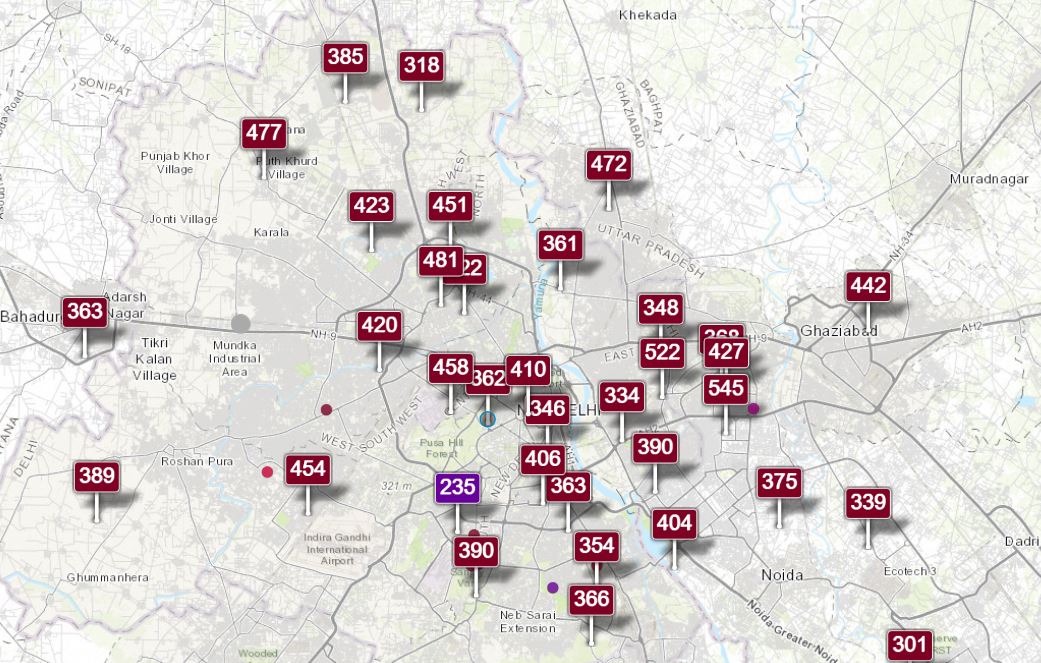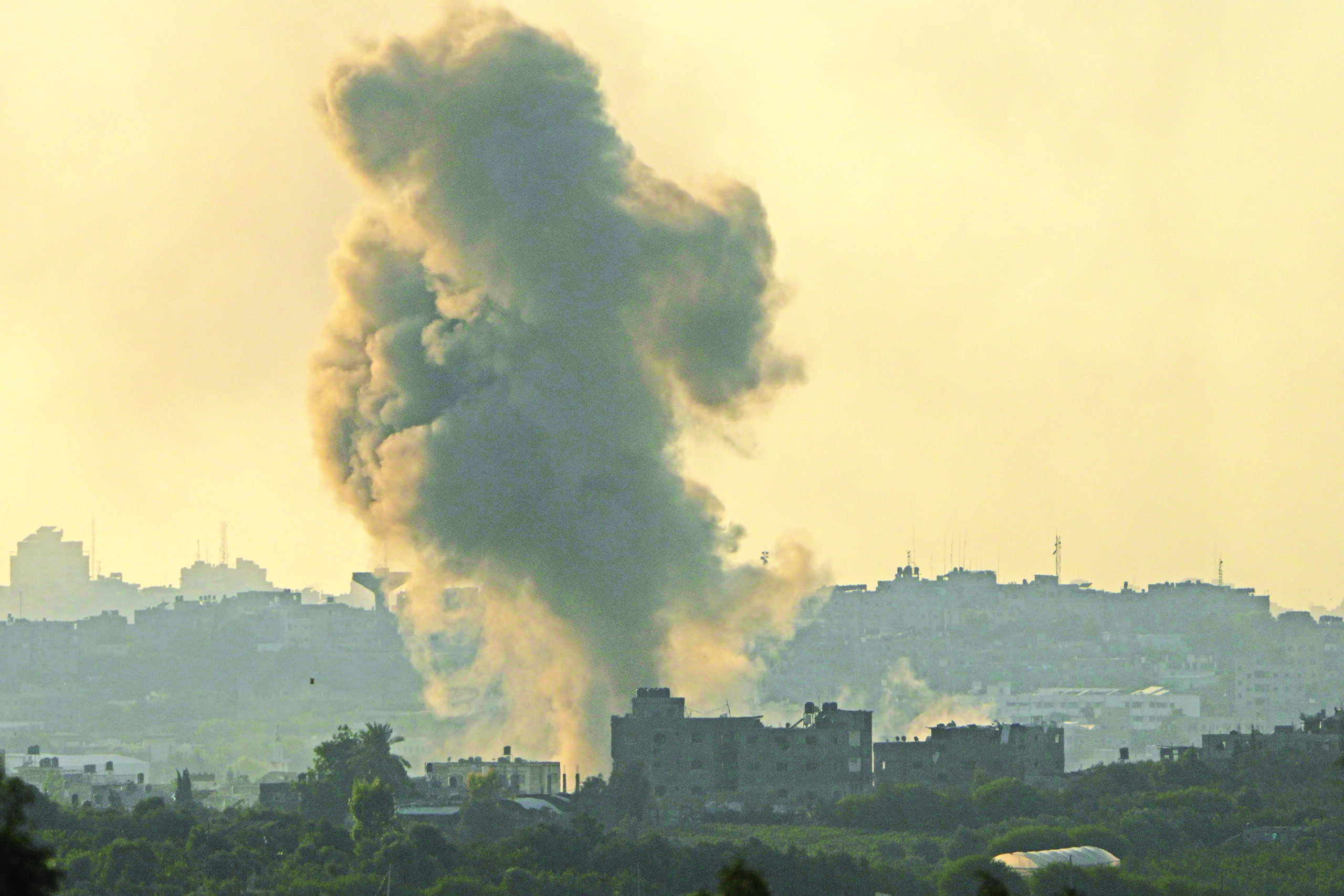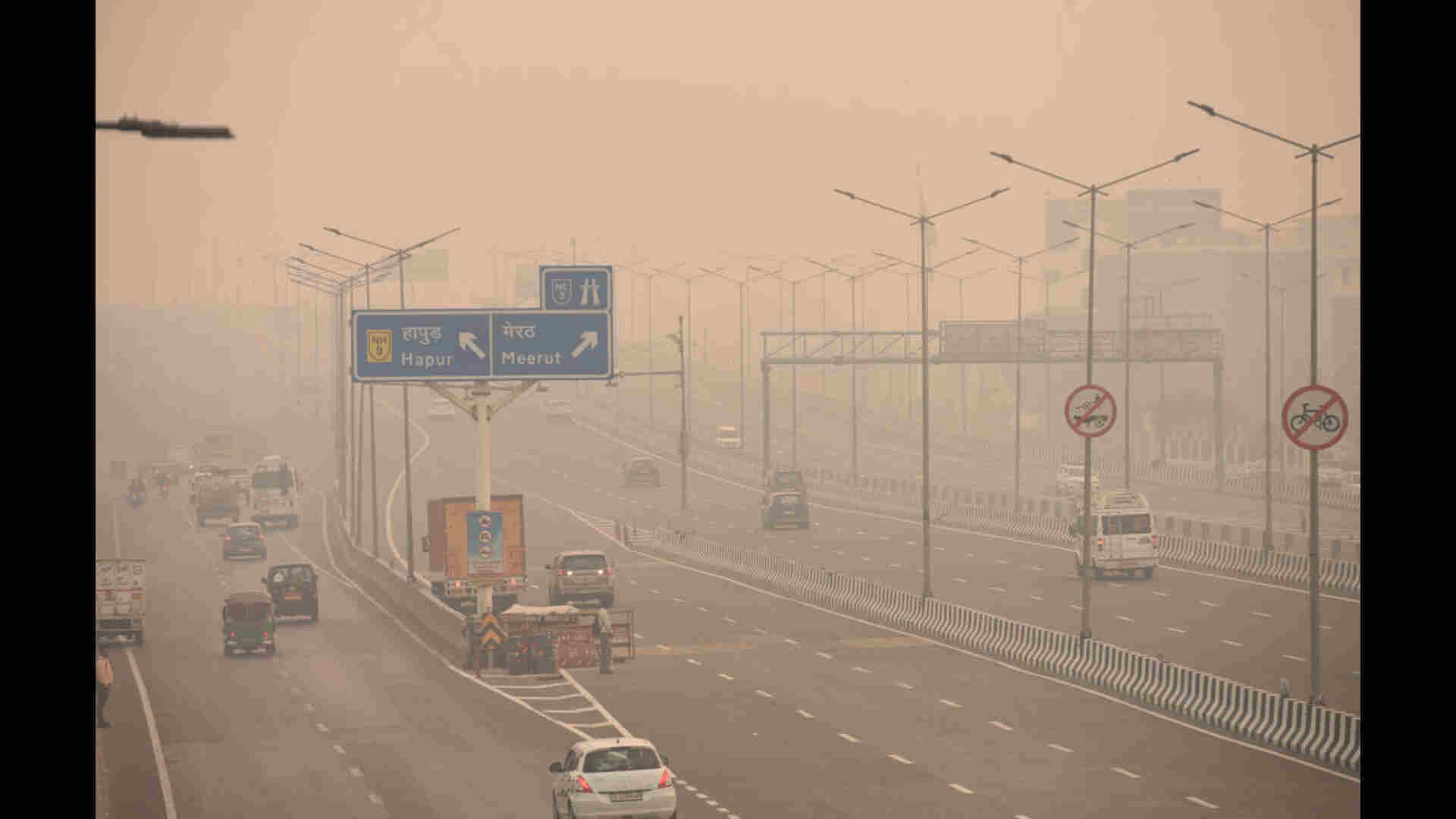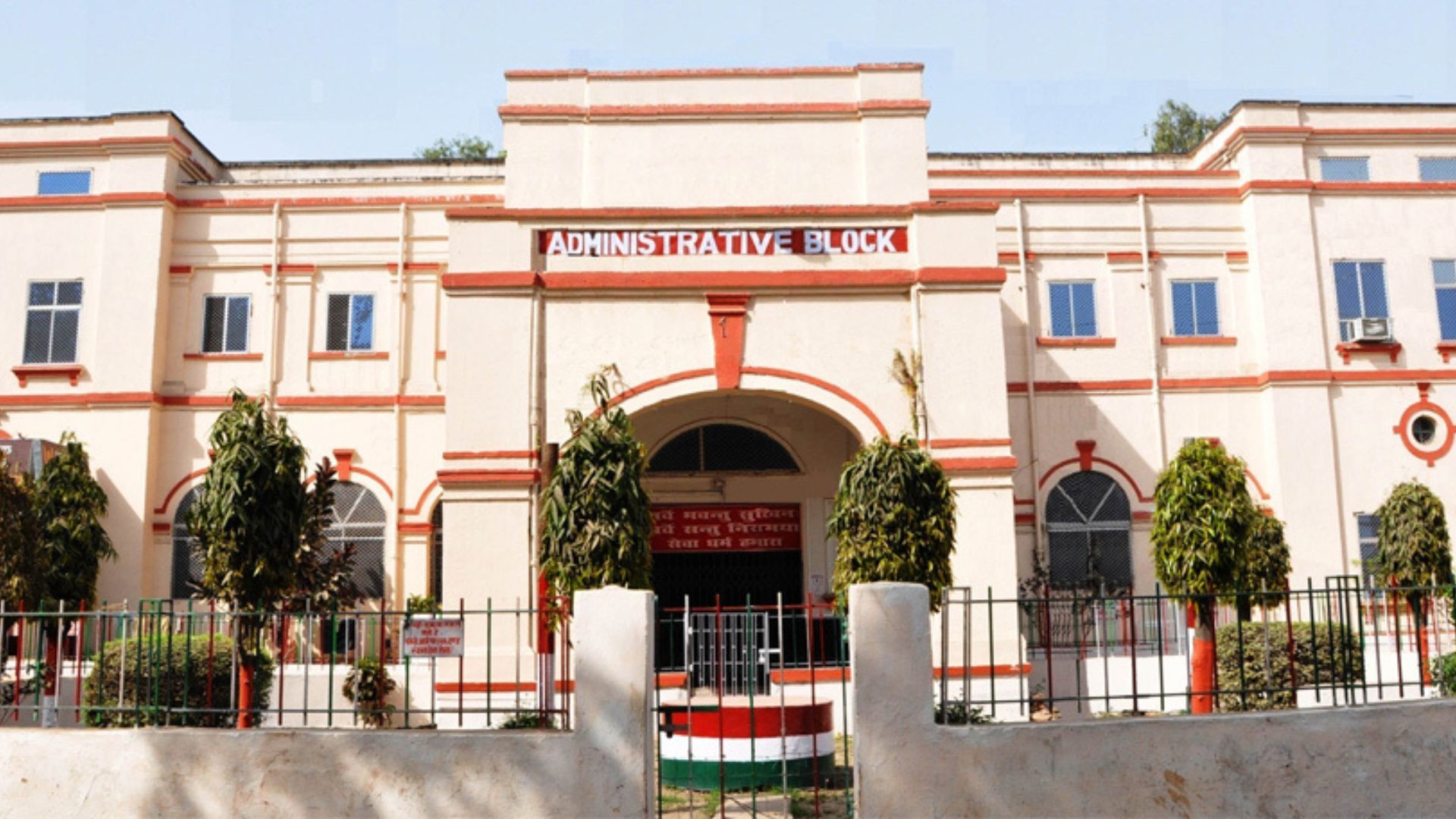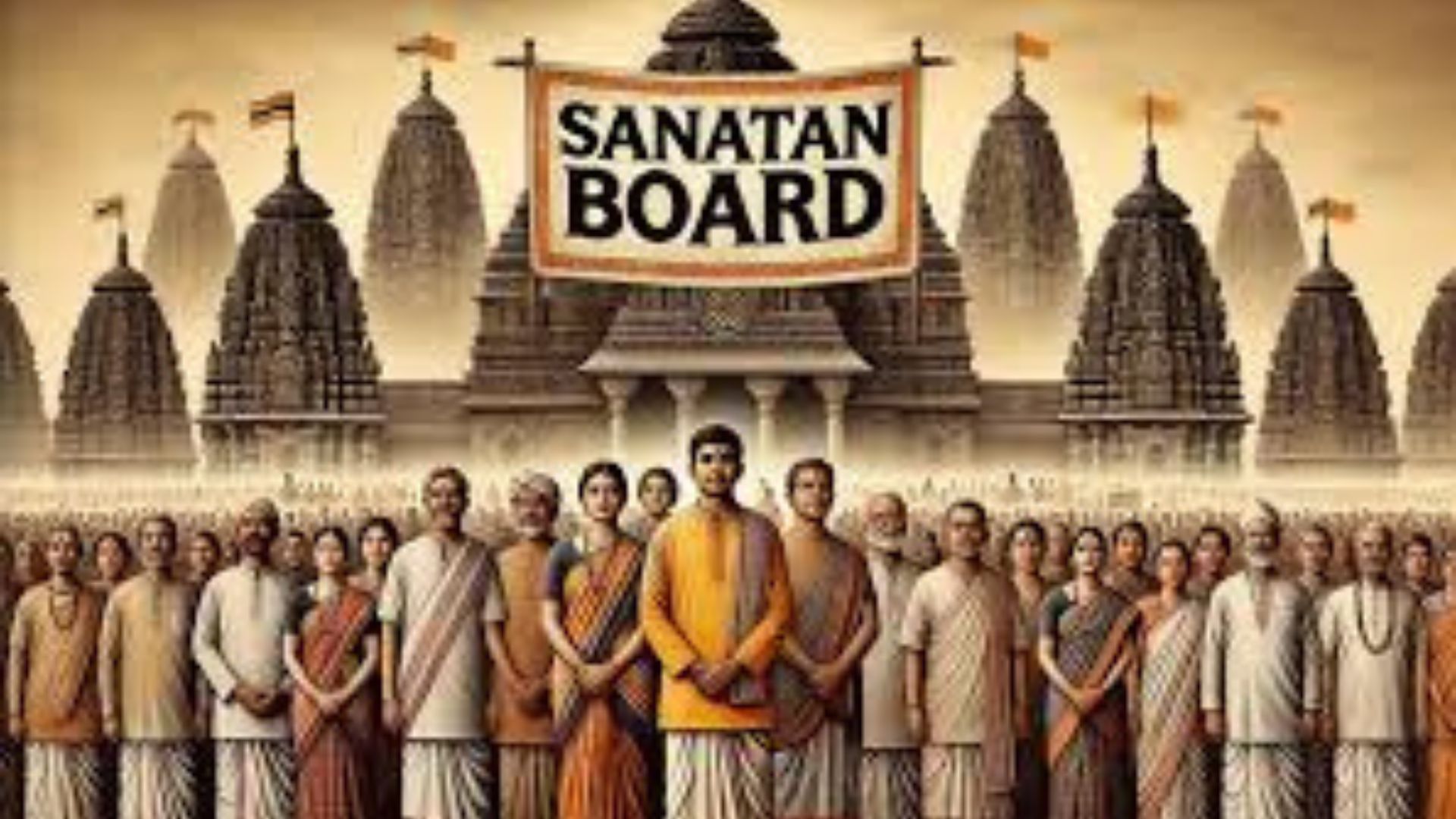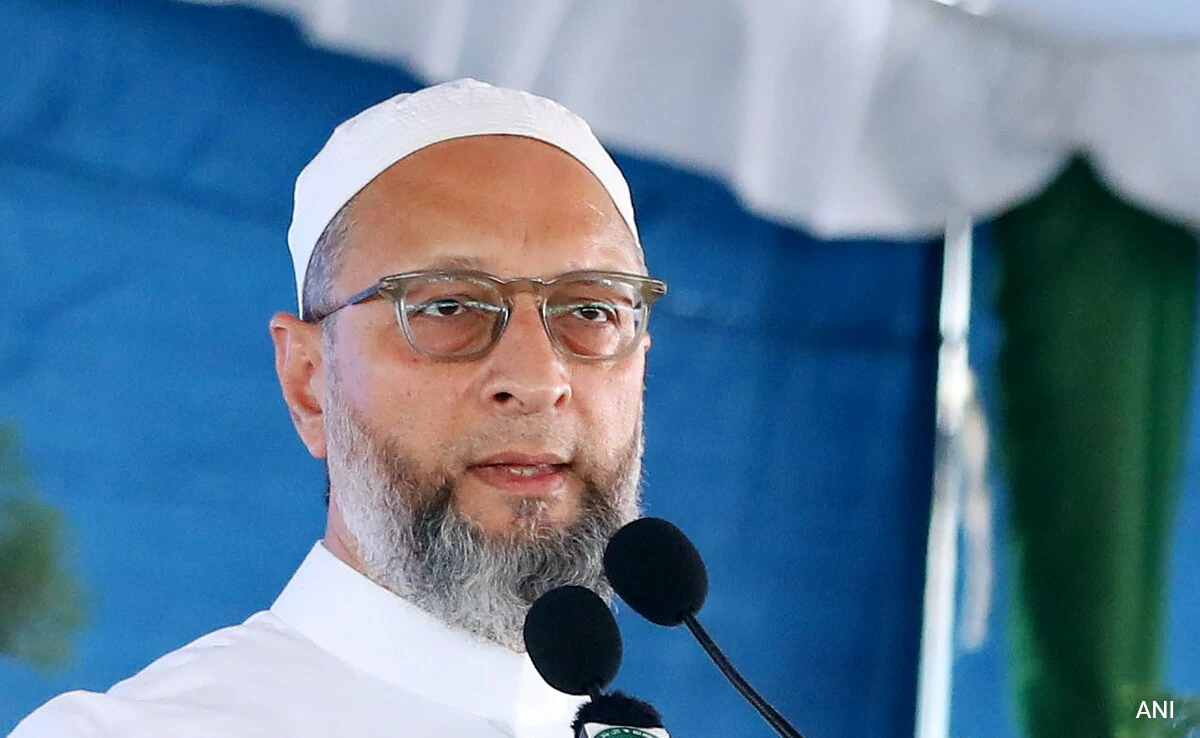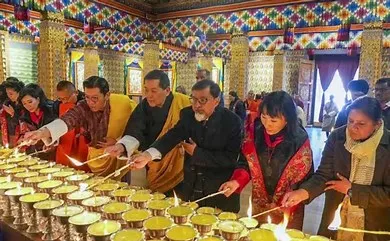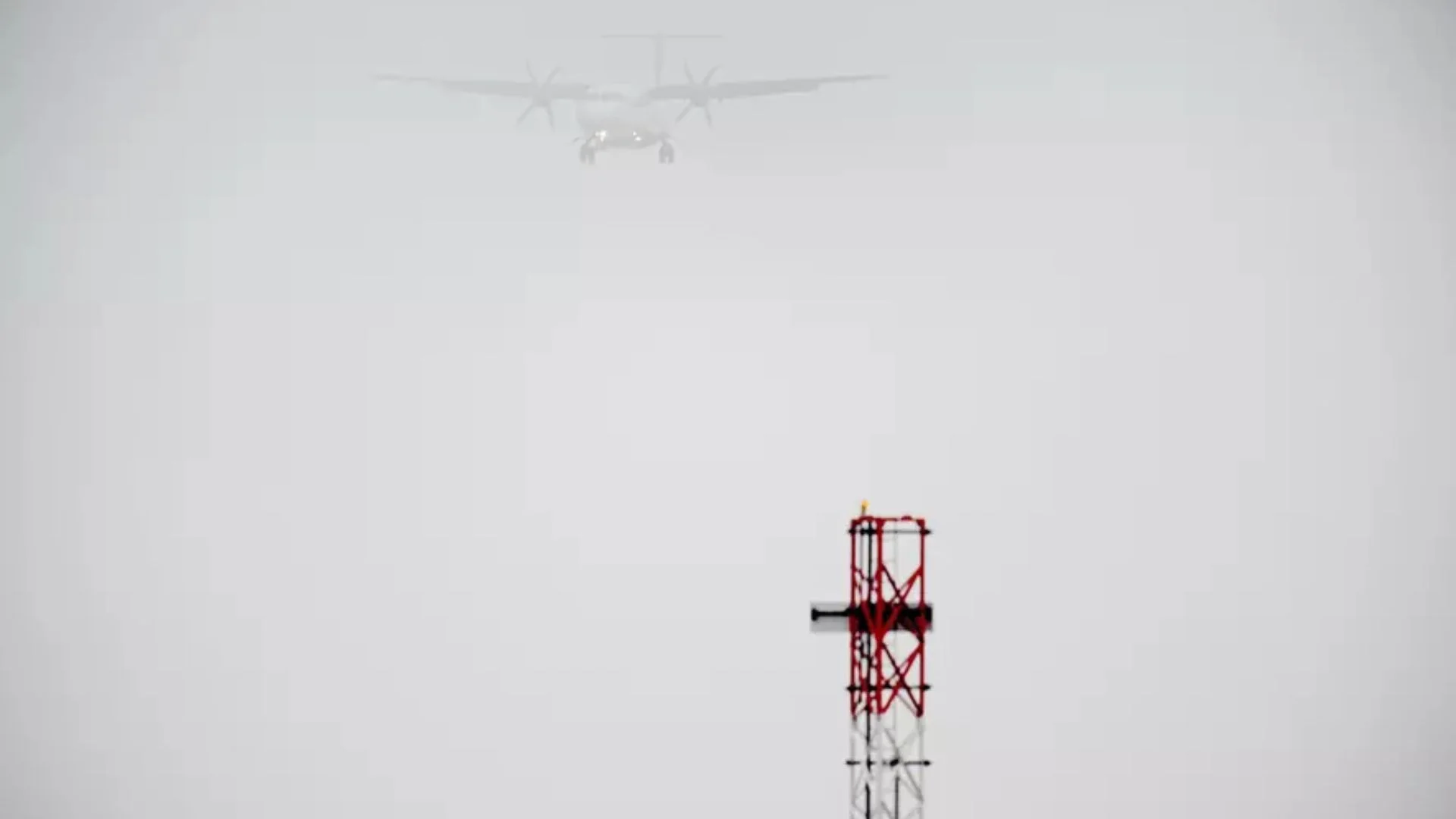The air quality in Delhi was recorded in the “severe” category on Thursday morning, with a marginal improvement expected just ahead of Diwali as meteorological conditions are likely to become slightly favourable. The city’s Air Quality Index (AQI) stood at 420 at 8 am on Thursday, compared to 426 at 4 pm on Wednesday.
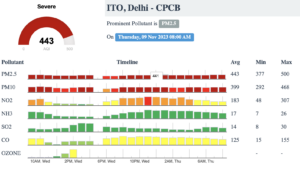
The AQI map, prepared by the Central Pollution Control Board (CPCB) showed clusters of red dots (indicating hazardous air quality) spread across the Indo-Gangetic plains. Neighbouring Ghaziabad (369), Gurugram (396), Noida (394), Greater Noida (450), and Faridabad (413) also reported very bad air quality. According to officials at the India Meteorological Department, a change in wind direction from northwest to southeast due to a fresh western disturbance affecting northwest India will help reduce the contribution of smoke from stubble burning, but slow wind speed will counteract this.
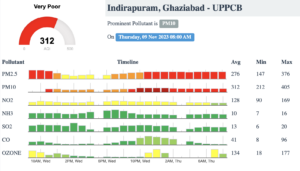
However, once the western disturbance passes, the wind speed will increase from around 5-6 kmph, at present, to around 15 kmph on 11 November, which will help disperse pollutants ahead of Diwali, the official said. In view of the worsening air pollution, the Delhi government on Wednesday rescheduled the December winter break of all schools, which will now be from 9 to 18 November.
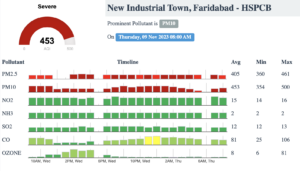
DELHIITES GEAR UP FOR DIWALI
Around 32 percent of families are planning to burst firecrackers in Delhi, while 43 per cent cited concerns about pollution as the reason for not doing so, according to a survey by a community social media platform. According to a recent survey that received over 9,000 responses from residents of Delhi, Noida, Ghaziabad, Gurugram and Faridabad, 32 per cent of families in Delhi-NCR are likely to burst firecrackers this Diwali despite a ban on their sale and use.
Pollution levels in Delhi-NCR on Monday morning were recorded around seven to eight times above the government-prescribed safe limit, as a toxic haze persisted over the region for the seventh consecutive day. Many residents believe that stubble burning in the neighbouring states is the primary cause of increased air pollution in Delhi-NCR from late October to early November, the survey stated.
“As per reports, the sale of firecrackers is not prohibited in neighbouring states such as Haryana and Uttar Pradesh. In the last few years, residents of Delhi were seen procuring crackers from these states,” the report said. The survey report said that the situation presents a significant challenge to the administration, as their “inability to find a long-term solution to stubble burning in neighbouring states over the past decade has affected their credibility.” “As a result, stringent enforcement of the cracker ban, coupled with an increased awareness campaign will be essential to control cracker burning this Diwali,” the report said. The survey further stated that data from previous years have shown a significant rise in air quality index (AQI) levels the day after Diwali, with an increase of 100-300 points compared to the previous day.
SUPREME COURT SAYS ORDER BINDING
The Supreme Court on Tuesday said that its directives against the use of banned chemicals in firecrackers applied to all states and not just Delhi and its neighbouring areas. The top court’s clarification came during a hearing on an application seeking to direct Rajasthan to implement the court’s order banning the use of certain firecrackers and reducing air and noise pollution. “There seems to be a perception that your lordship’s order applies only to Delhi-NCR, though it is applicable throughout the country,” the petitioner told the Supreme Court.
The court directed Rajasthan to take note of its previous order, directing all states to take steps to minimise air pollution, especially during the festival season. The key is to sensitise people, the court added.
Justice MM Sundresh pointed out that there is a wrong perception that only the court has duties when it comes to environmental matters. “It is for everyone to manage air and sound pollution,” he noted. The top court also slammed the central and the state governments for playing a “blame-game” over the Delhi air pollution issue as the air quality in the national capital and the neighboring states continues to worsen. “We see there is a blame game, everyone is trying to pass (the reason) on…this is the reason, that is the reason,” Justice Sundresh said. The bench, however, did not comment further on the issue of stubble burning, stating that the matter is slated to be heard by the top court later in the day.

